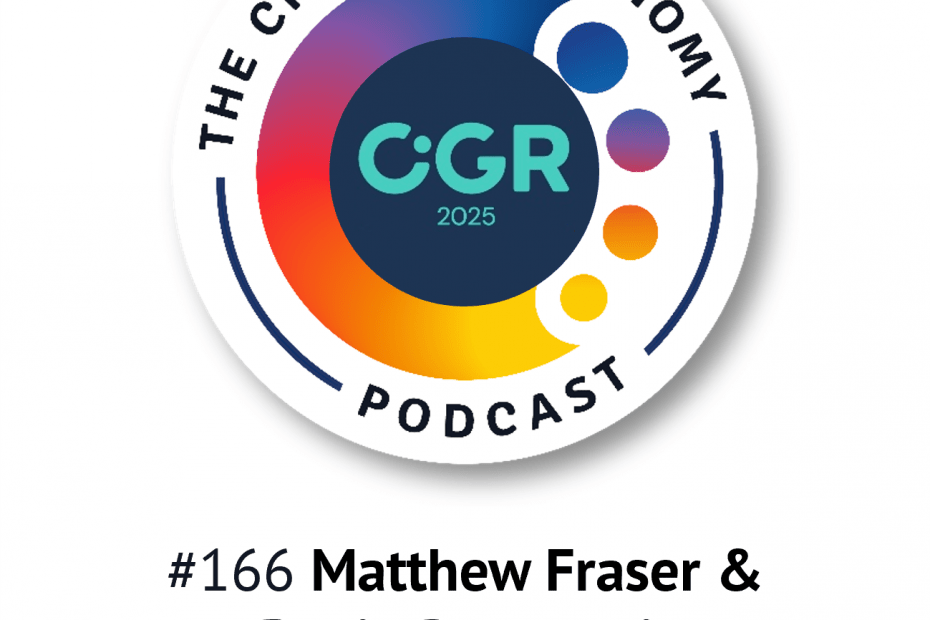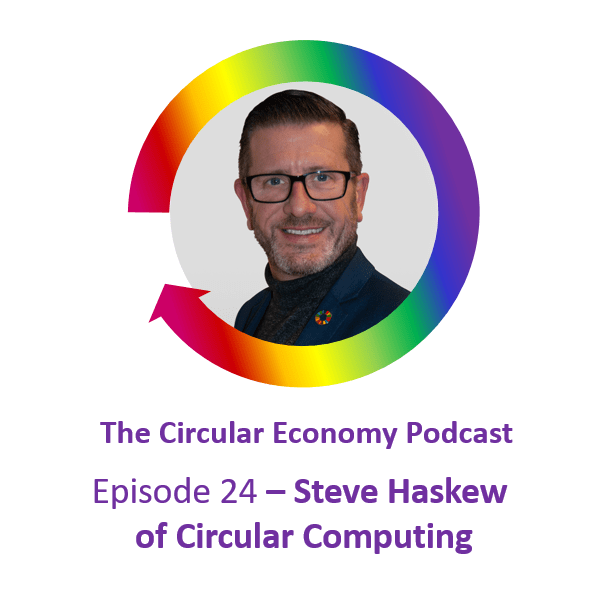166 Circularity Gap Report 2025: insights
Matthew Fraser of Circle Economy and David Rakowski of Deloitte unpack key insights from the 2025 Circularity Gap Report.
The Circularity Gap Report aims to provide a comprehensive ‘report card’ for the global circular economy, and shows that we are still a long way from achieving good grades.
Although the circular economy concept has gained traction—and more policies have emerged to support it—progress has stalled. You might remember the headline numbers from the first report in 2018, that the world was only 9.1% circular, described as a massive Circularity Gap. The gap has grown bigger, with the latest global circularity metric at just 6.9%.
Circle Economy sees a need for urgency: to expand access to its data and insights, dig deeper into what’s driving the decline, and to scale support for those in a position to make change happen.
Matthew Fraser is a recognised expert in the circular economy, with over a decade of experience advising governments on measurement and strategy. Matthew specialises in translating complex resource flows into actionable strategies, supporting governments in integrating circular principles into policy and investment decisions.
David Rakowski is a partner in Deloitte’s Sustainable and Resilient Supply Chain business with a focus on circular economy and sustainability. He began his career in sustainability over 10 years ago, and as a systems engineer by trade, he brings together product, business, supply chain and digital design to develop sustainable solutions.
We’ll start with a quick intro to the report’s origins and purpose, and the partnership between Circle Economy and Deloitte.
Matthew talks us through the key findings from the 2025 report, the challenges for policymakers, and the barriers and opportunities for businesses.
David unpacks some of the challenges for startups and big corporates, and the importance of making circular economy strategies both actionable and exciting.
And, we discuss how the shifting sands of resource availability, supply chain disruption and geo-economics are helping businesses see that circularity can boost resilience and reduce risks.


